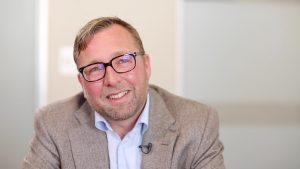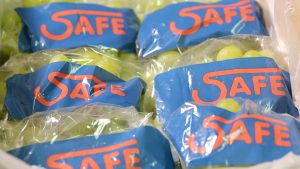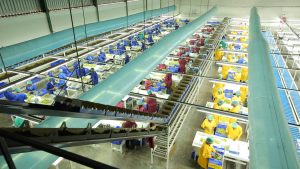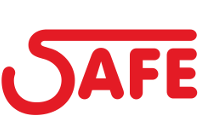SAFE is reaping a profitable harvest from new markets in Switzerland thanks to their hard won Fairtrade accreditation programme.
This is the view of Wibo van den Ende, marketing and sales director for SAFE.
To promote SAFE’s offering to mainly European and Middle East importers as well as some Far East and Russian companies, Van den Ende represented the producer-exporter at Fruit Attraction 2017 – a global fruit and vegetable trade fair held in Madrid, Spain, from 18 to 20 October 2017.
“Fruit Attraction is a major international meeting point for fresh produce operators, giving suppliers and buyers an opportunity to exchange ideas and sign agreements.
“I had meetings with buyers and representatives of our main target markets and countries, and they are generally very happy with our offering,” says Van den Ende.
“SAFE has a reputation for service, continuity and reliability and now the Fairtrade accreditation is having an impact in the market as well.”
SAFE has been exploring new Fair Trade markets in Switzerland and Germany.
Van den Ende says certain retailers are switching from conventional grapes to Fairtrade produce. SAFE is one of the preferred exporters in South Africa to produce Fairtrade grapes.
“This year we are starting to see an impact from this accreditation programme in Europe. In China Fairtrade is also becoming a key differentiator for sourcing produce.”
South Africa is facing increasing pressure from other fruit producing countries, particularly India, which is gaining territory in the export of white seedless grapes.
India is now in the market far earlier than in the past, and due to the country’s different climate zones farmers can produce grapes in three seasons, whereas South Africa has only one season.
In the Far East, on the other hand, there is a preference for black and red seedless grapes, rather than white seedless varieties.
Van den Eede says SAFE grape producers are working to replace old varieties with new and are also upgrading their cold storage facilities to improve the cold chain process, in line with international standards.
“We have planted 15 new varieties of grapes in the past four years to replace older vines that are no longer bearing optimally. The plantings will ensure a continuation of yield throughout the season,” says Van den Ende.
“Overseas buyers are concerned about productivity due to the drought in South Africa, but it only really affects the Western Cape and, overall, isn’t resulting in lack of quantity for the market.”
From January to March 2018, Van den Eede will be based near Rotterdam in Holland to oversee the arrival of SAFE produce – 80% of which will land in Europe during that time.
Later in the year he will be visiting Holland again, in time for the arrival of citrus produce and for pre-marketing of grapes for the following season.

